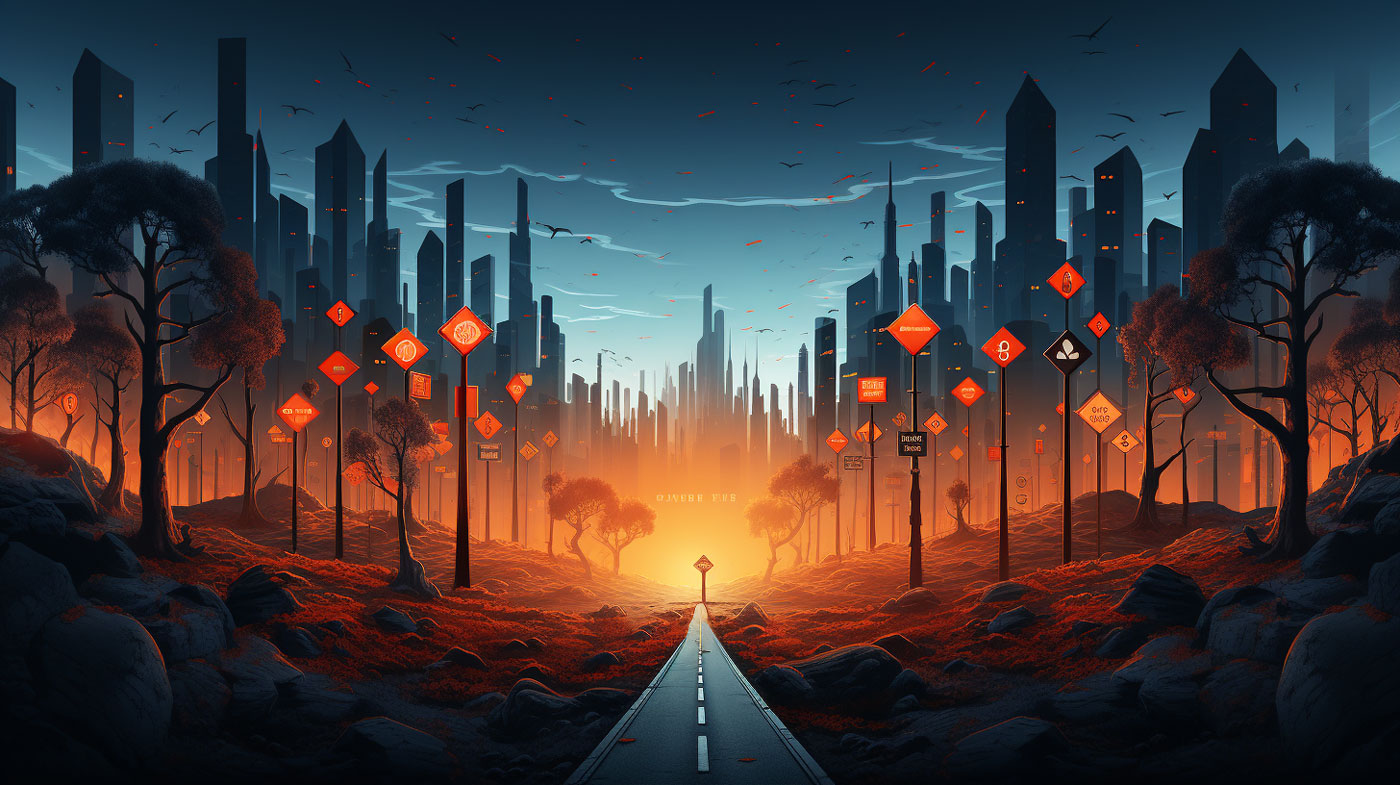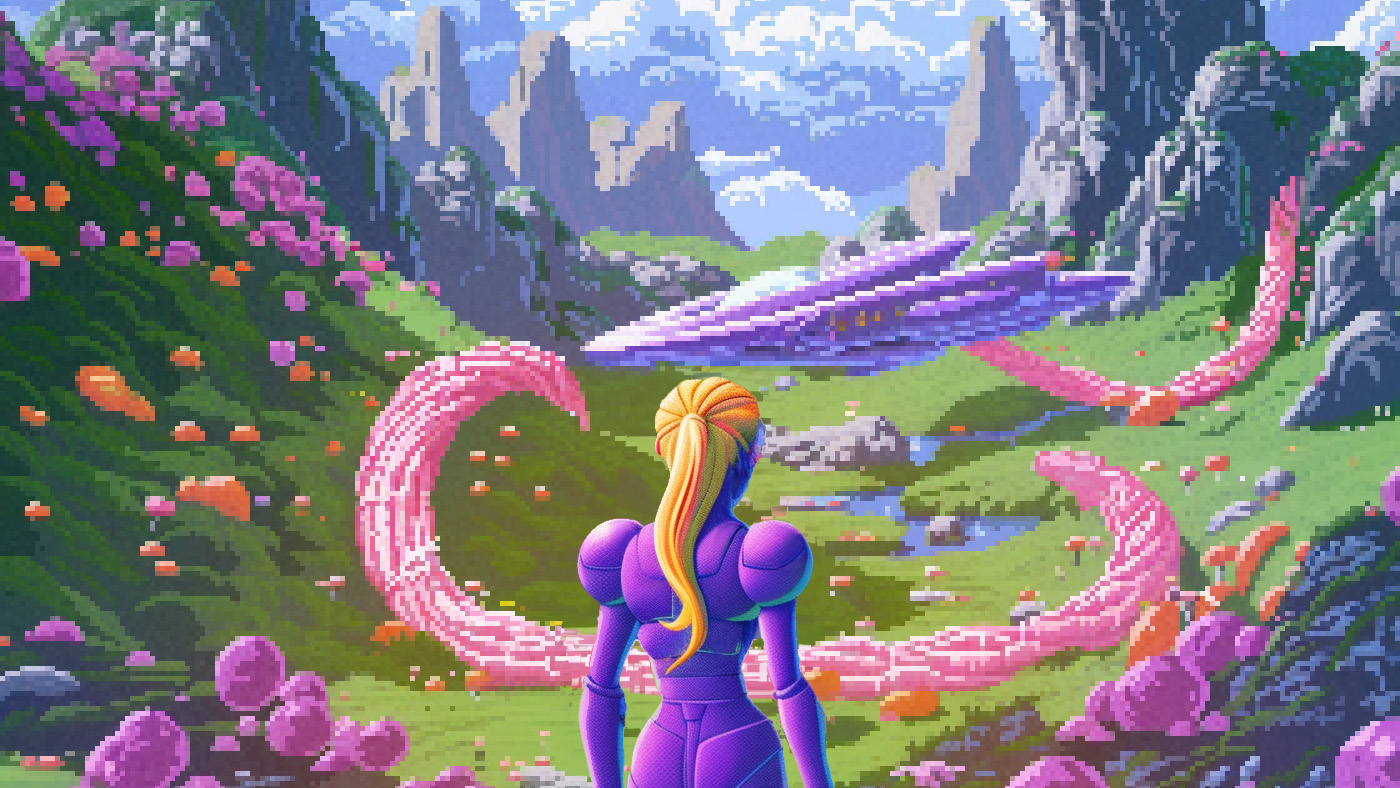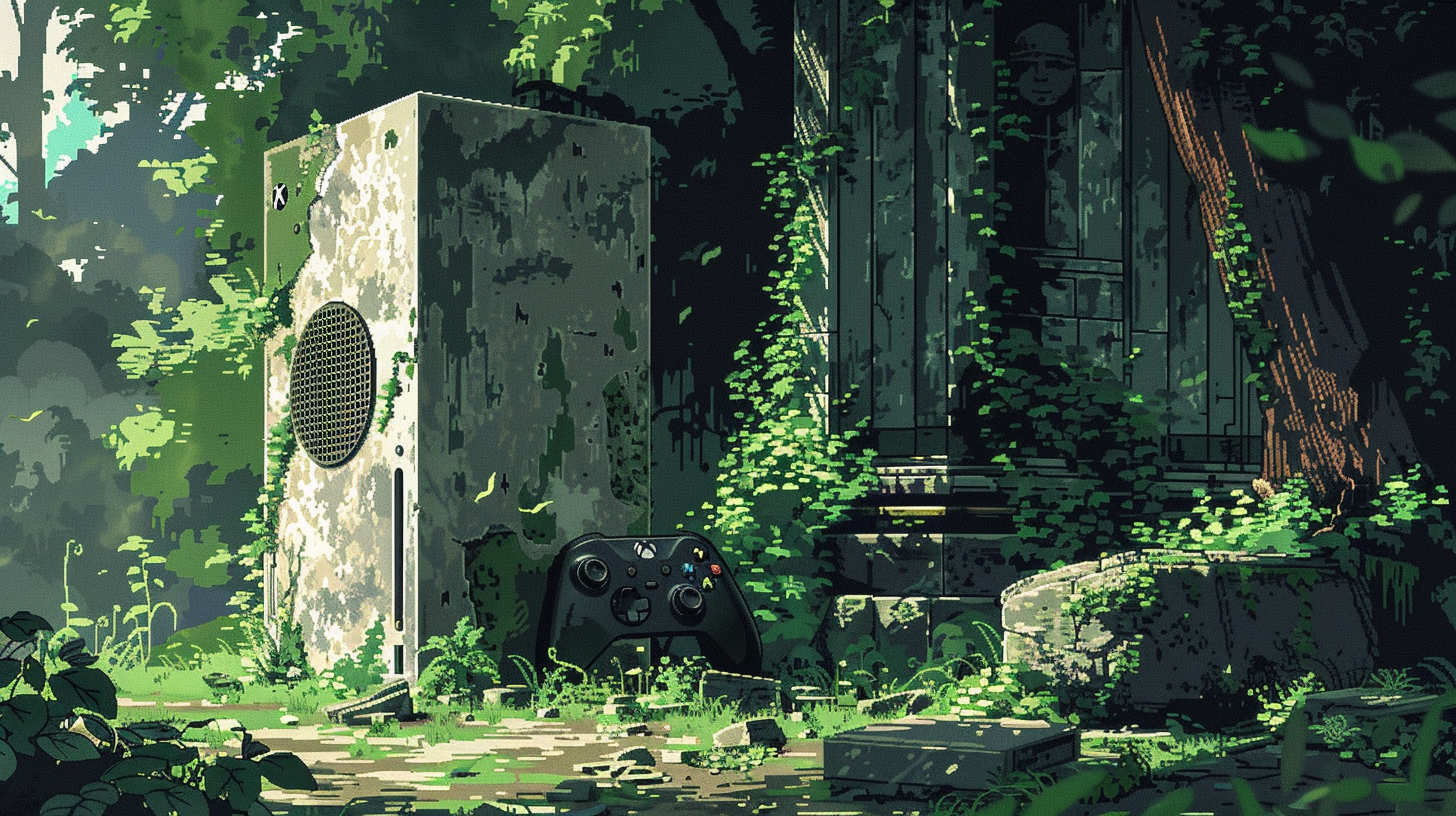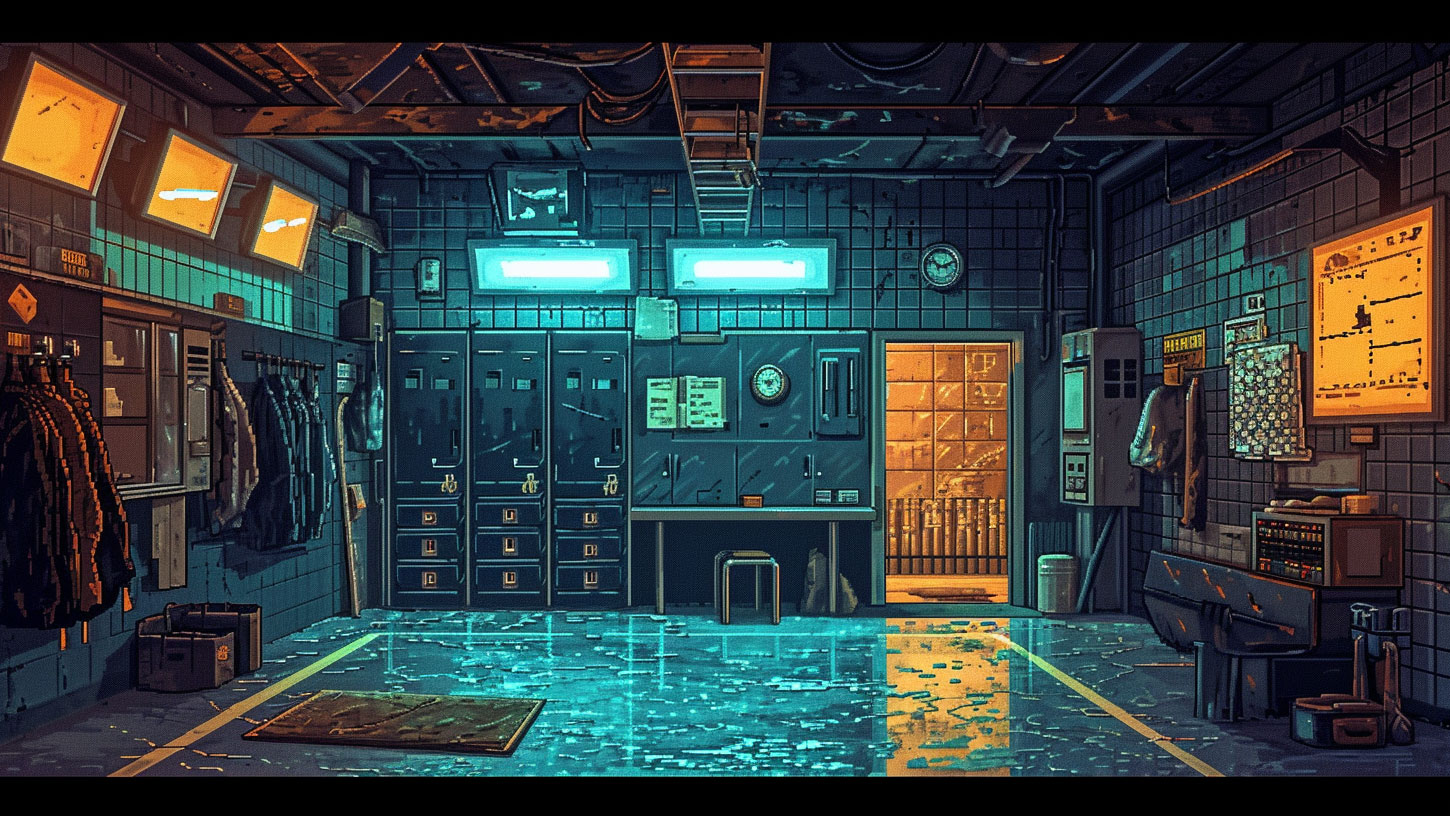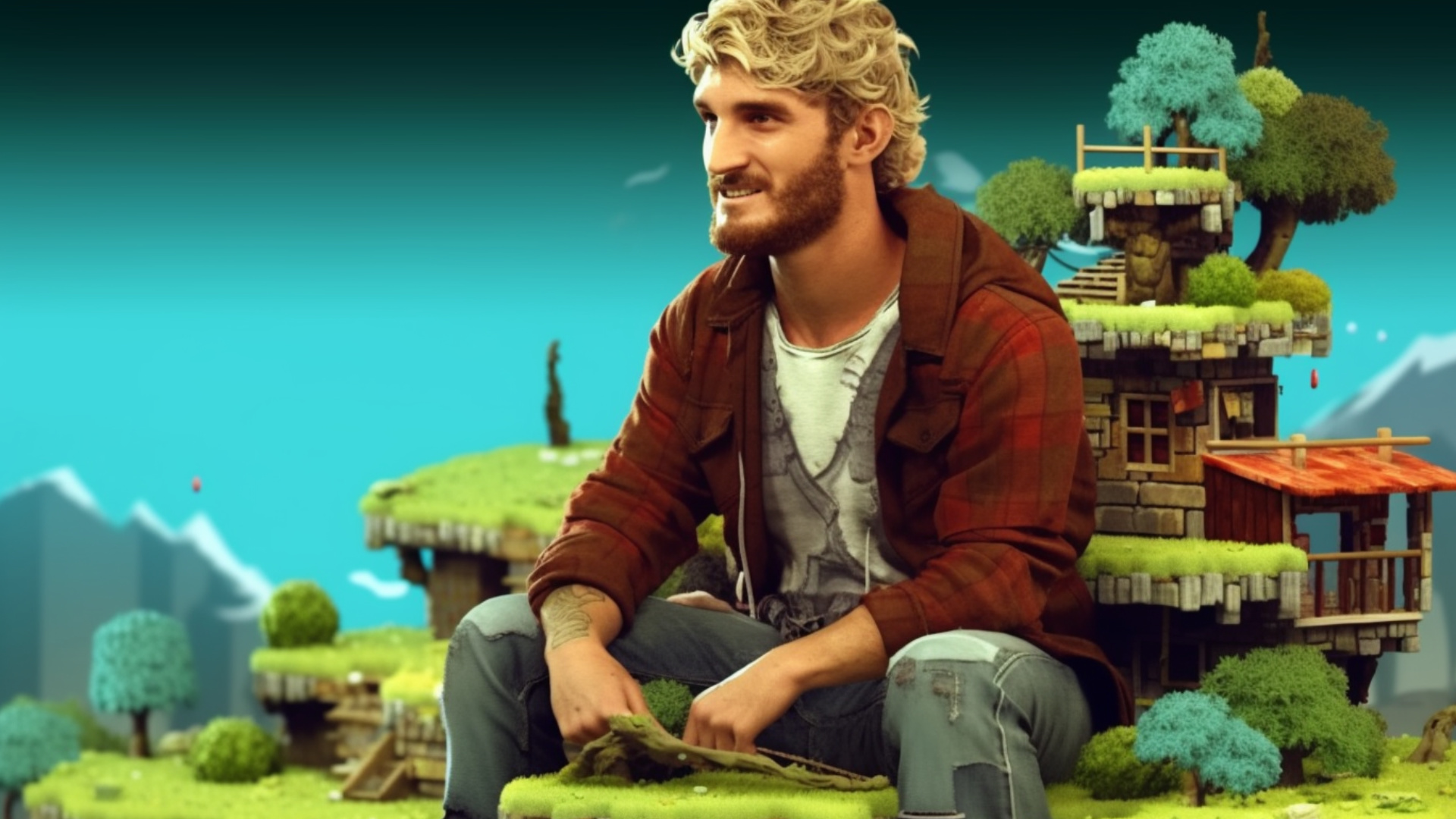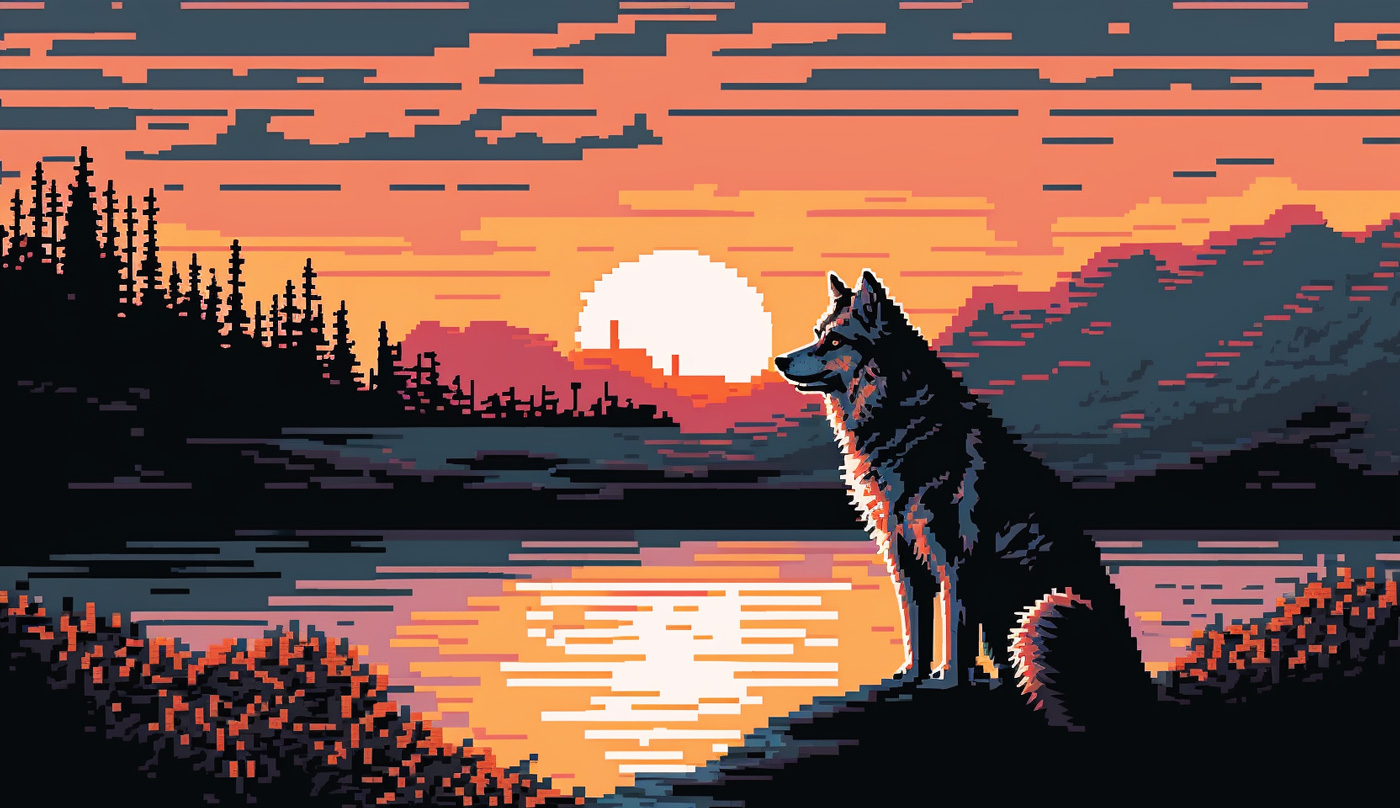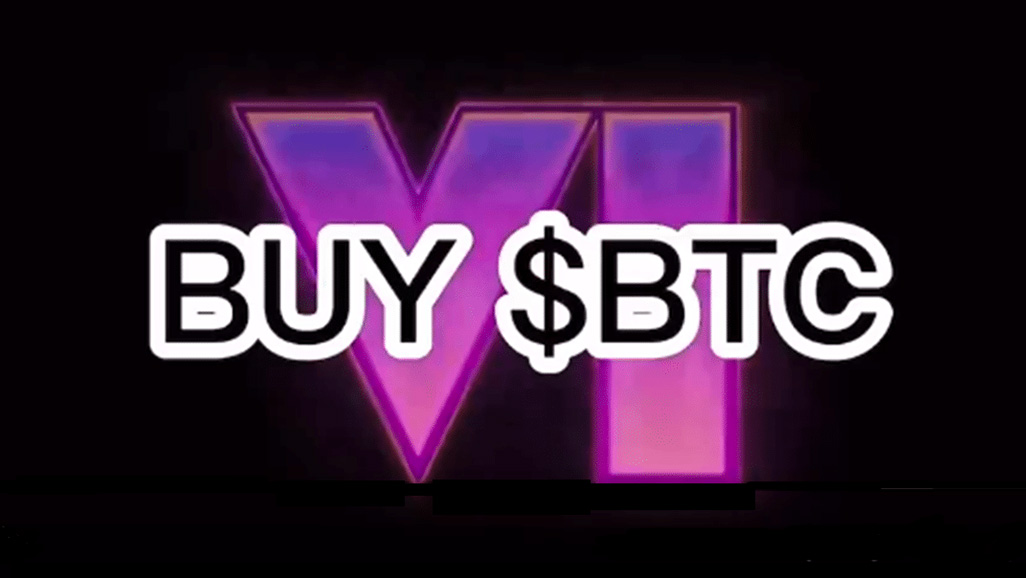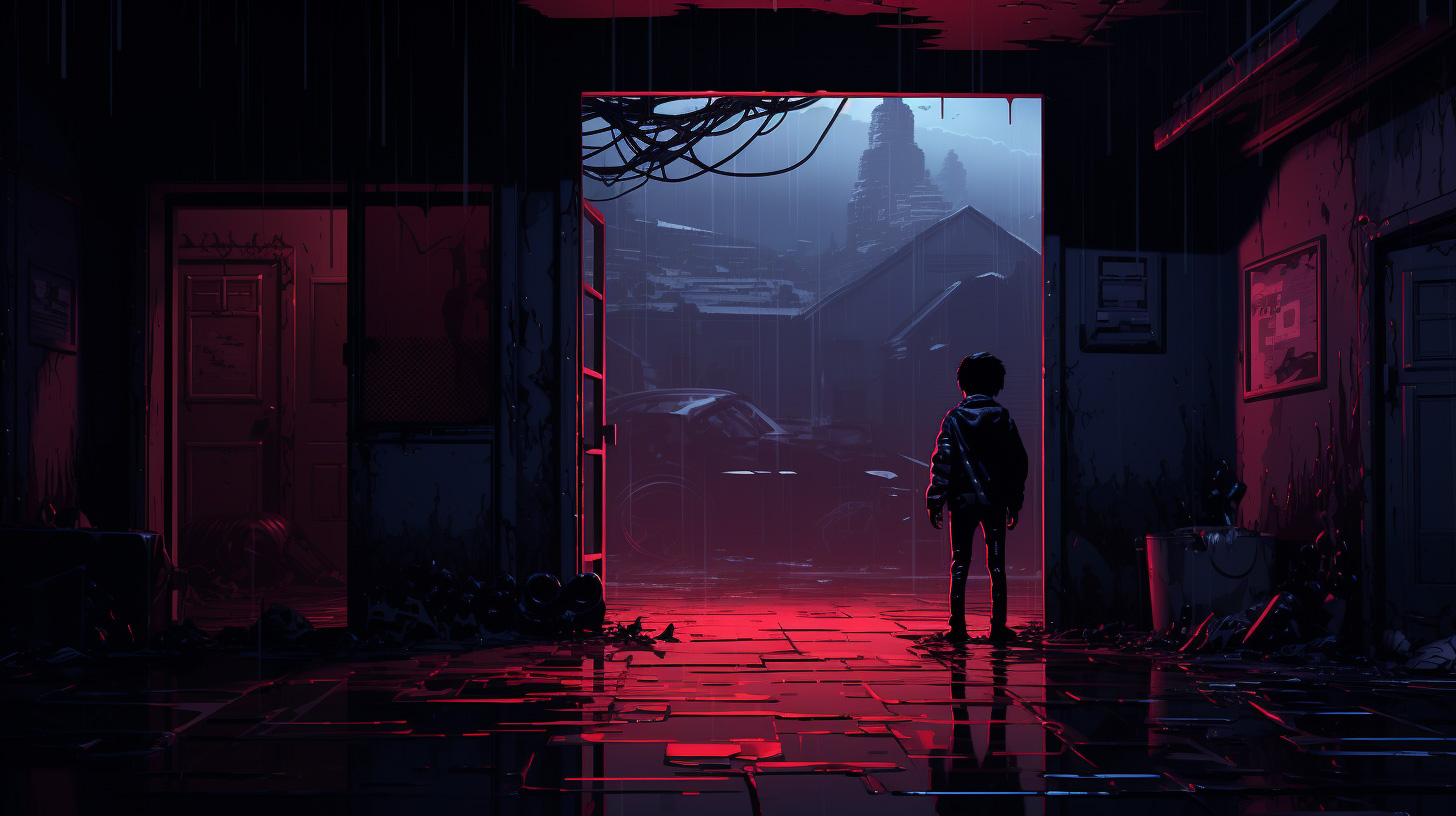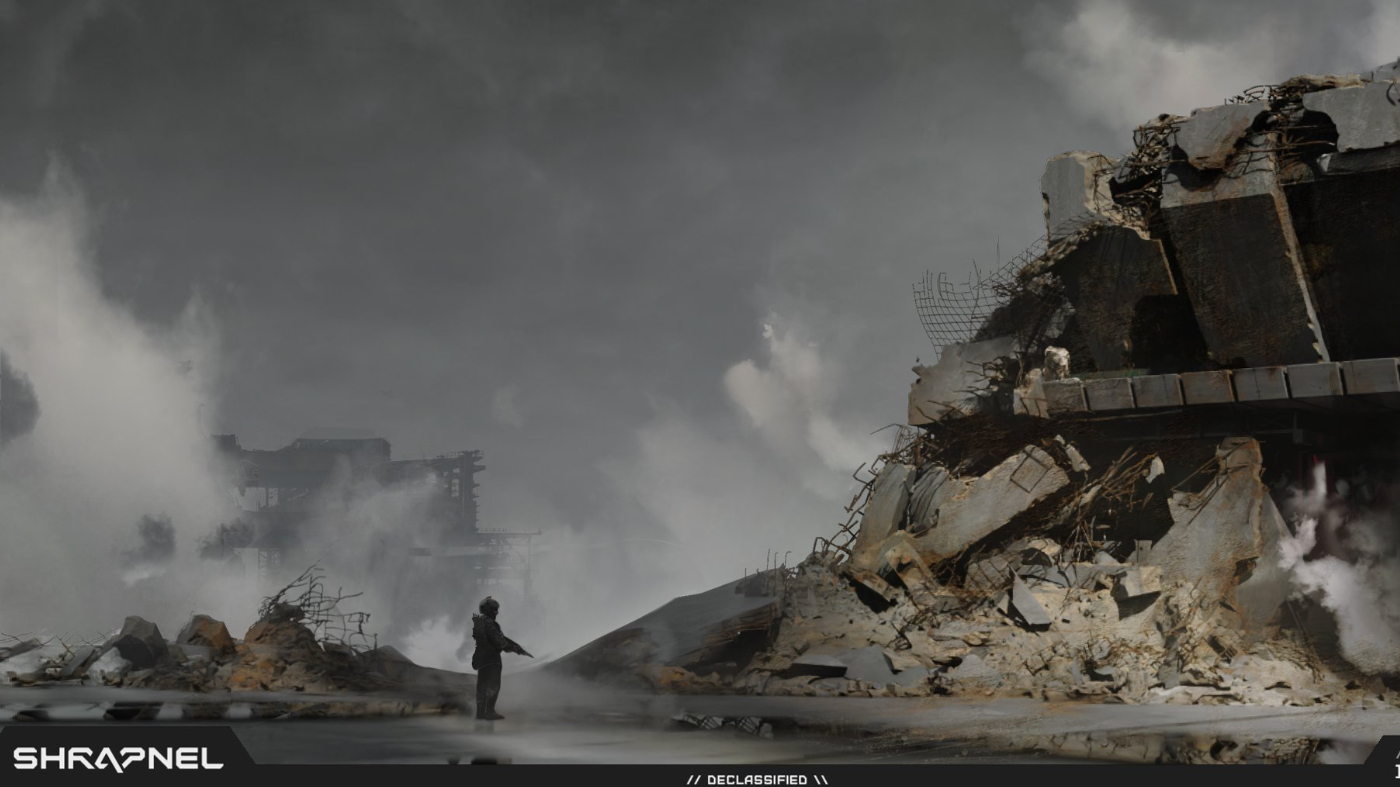One thing that has always gotten to me about Twitter is the platform’s self-absorption.
I worked in digital news from the early 2000s, and was at Australia’s biggest digital portal through the founding and rise of both Facebook and Twitter. As a traffic source, Twitter was nowhere. It simply wasn’t used by normal people. It served as a news source from time to time, and as a source of quotes increasingly, but it was a stage and most people just didn’t want to perform on that stage.
The people who did tended to be those who thought what they had to say was noteworthy. Journalists, politicians, creatives, leaders: many of them refused to believe that most people weren’t on Twitter. It seemed self-evident to them that Twitter mattered. Occasionally, it did matter, but usually it didn’t. Twitter was a niche, and a conceited niche at that.
Over time, Twitter has grown to just under 400m monthly users, but it’s still behind other services – like LinkedIn, What’sApp and Reddit – that get far less attention. And it can’t hold a candle to Meta’s Facebook, which is close to an order of magnitude bigger.
In crypto, however, Twitter has a good claim on the “town square” status it still doesn’t warrant in general. As a subset of the general crypto conversation, blockchain gaming has shared that town square.
Which is why the changes at Twitter over the past year and the launch this week of Meta’s copycat Threads app are significant for this newsletter. I’ve downloaded the Threads app and signed on – using my Instagram account, which was painless – and it feels almost exactly the same as Twitter. Only … there’s that nagging sense that this might not be where it’s at. It’s the sort of feeling the Germans probably have a word for: “backwater-geist”.
That could very well change. Threads has been downloaded more than 30m times already, and big accounts (like Mr Beast) already have over a million followers. Twitter will have to reverse its aggressive monetisation push or risk losing everything.
That hasn’t happened yet, particularly in blockchain tech discussions, but if Twitter does fall below the critical social mass, I believe it will be sudden and irreversible: this is a one-square town.
My guess is that we will know before the month is out.
A taste of things to come
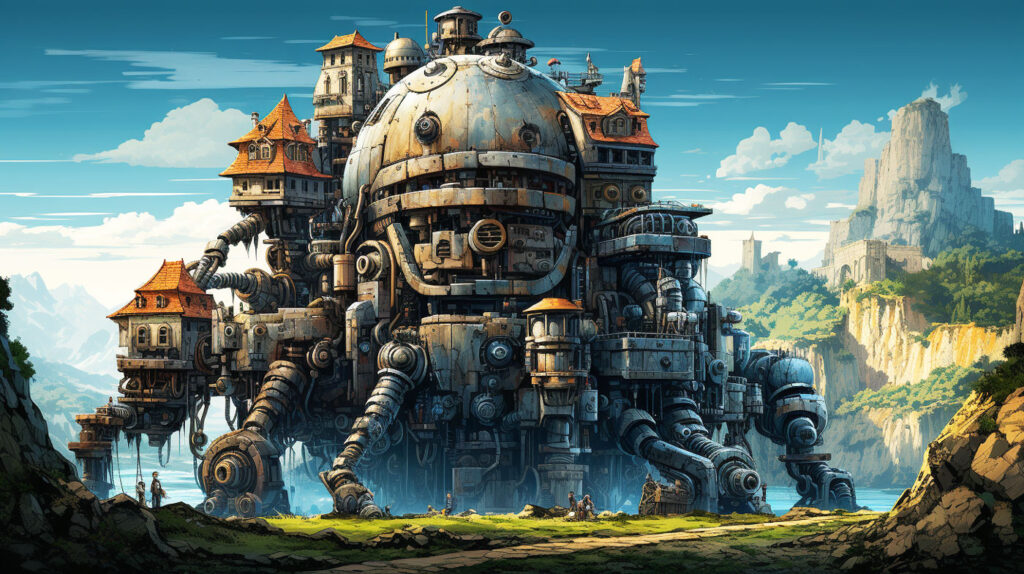
Big gaming platform Steam has decided to ban games with AI-generated content, where the AI has been trained on copyrighted material.
That rules out using the current crop of big generative AIs that are fast becoming creative staples: language generator ChatGPT, and image generator MidJourney, for example, have both been raised on an omnivorous diet of online data, including swathes of copyrighted content.
The issue came to light when a developer had a game rejected by Steam because it contained obviously AI-generated art. Valve, which owns Steam, asked the developer whether he owned “the rights to all of the IP used in the data set that trained the AI to create the assets in your game.”
When he replied that he didn’t, Valve rejected the game.
I think this is a sensible position from Valve, as games will sit on Steam for years, and could be a timebomb when a legal position forms over AI generators. At the moment, there’s no clarity on how to deal with the collective use of human-created content as training sets. Is it “theft”, and if so, who’s being stolen from? Don’t humans create original works inspired by what they have seen too?
In the meantime, small game developers hoping to get on Steam have just lost some of the biggest labour-saving tools available to them.
As AI permeates the creative industries, we will see more and more Valve-like rulings on this, and presumably the development of generators trained on copyright-free content.
Seven signs of a scam game
Many newsletters ago, when the world was young, I presented a list of indicators that a blockchain game project might be a scam. We have now turned that list into a video which I recommend you watch, seeing as you’re the kind of person who signs up to a blockchain gaming newsletter. Watch
The concept of 4A gaming
Yes that’s right: AAAA. This category has been proposed by Caveman, who explains that he sees AAA gaming as excelling in graphics, gameplay and lore. He adds the fourth A for those games whose economies extend into the real world, whether through blockchain tech or old-fashioned marketplaces.
“I believe there is a tier above AAA, a 4th “A” that few games have achieved. This A is represented by a game being so successful, the in-game assets are actually worth something in the real world.” (Video link coming soon)
Keeping up with the Yugas
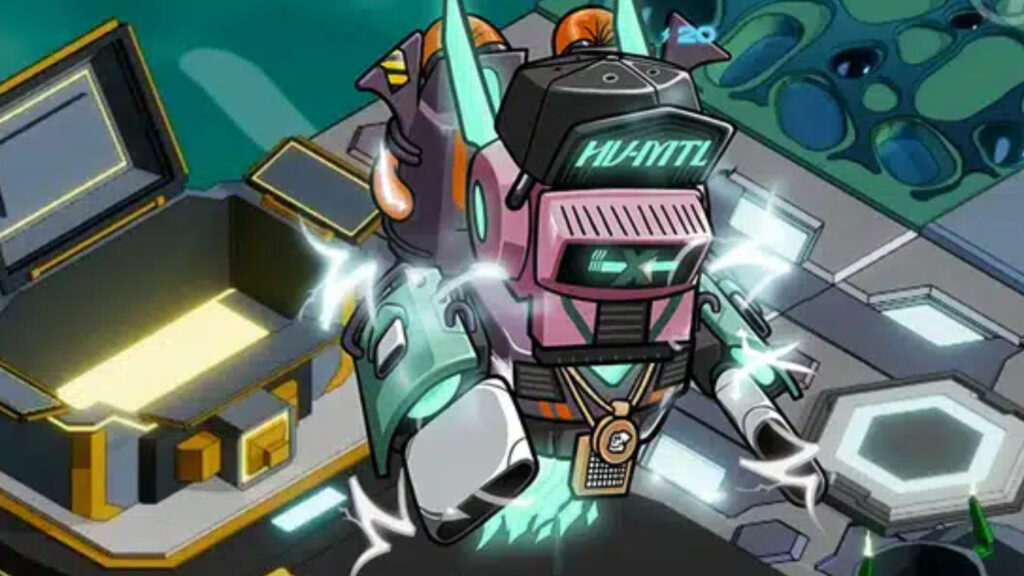
The new title from Bored Ape creator Yuga Labs is a competitive crafting game that is a cross between Tamagotchi, Homescapes and “some kind of popularity contest”, according to the project’s chief gaming officer Spencer Tucker. Read
Enjoy our reporting? Sign up for the Pharos newsletter and receive an update every week for free. This article is a web version of this week’s newsletter.

